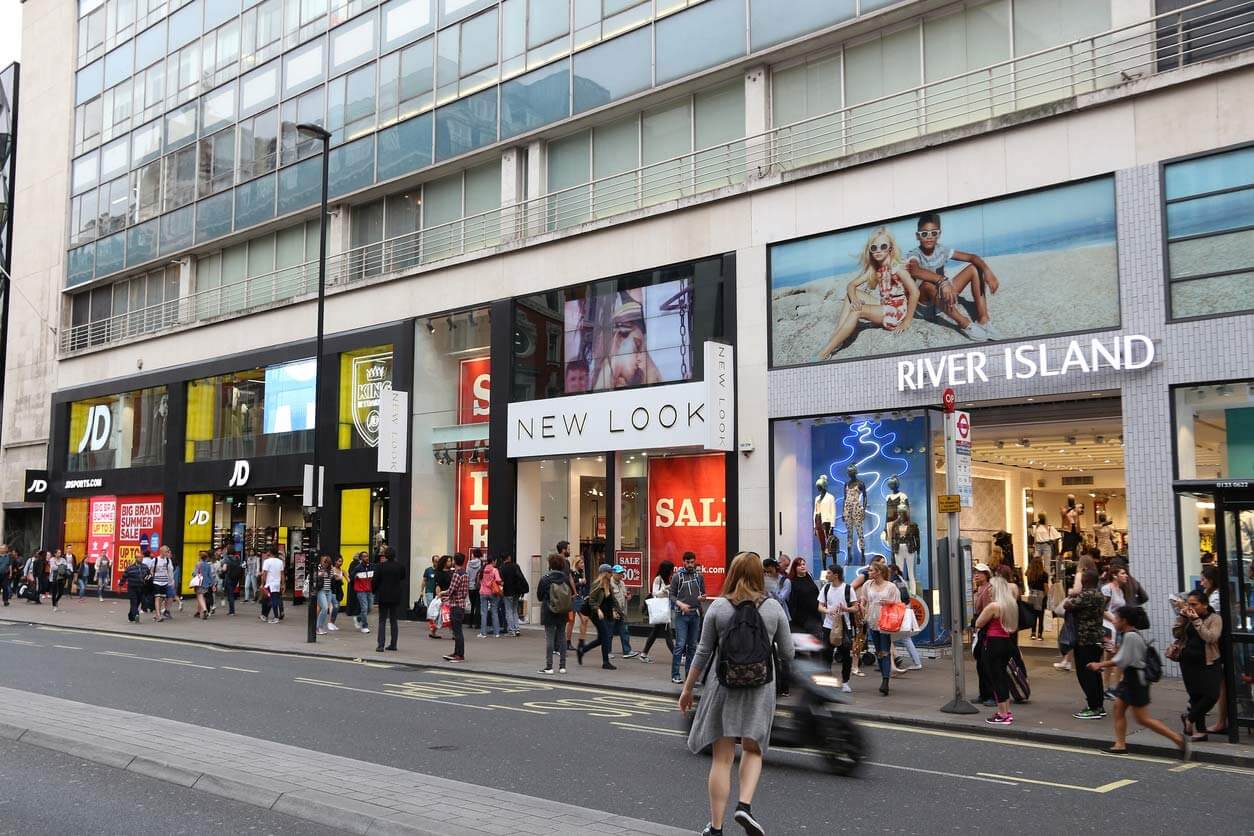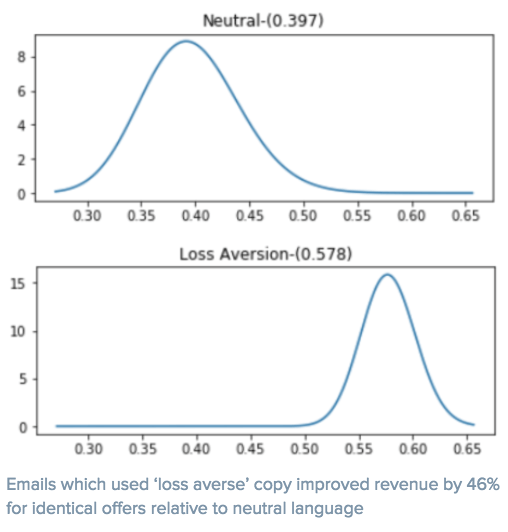Work
Optimising retail loyalty for a large UK retailer

We used our technology to optimise discount offers for a large UK retailer; increasing profitability of their email marketing and informing their future audience targeting.
The supermarket used the model could identify two-thirds of high spenders and target marketing resources.
Customer
A large retailer with a significant high-street and online presence in the UK.
Problem
Nearly 1.5 million customers actively participate in the retailer’s loyalty programme. However, the retailer reported declining levels of engagement in response to offers. Faculty was asked to determine how offers could be optimised to boost engagement.
Solution
We designed a Randomised Control Trial in which we sent a range of offers to 1.2 million customers. The test isolated and tested the impact of different features of the offer, such as the generosity of the discount, spend thresholds (the amount the customer had to spend to benefit from the offer), the day of the week and the duration of the offer.
We also used behavioural psychology to test a series of different formulations of the email copy. Each of these was designed to use known behavioural effects such as ‘loss aversion’, ‘social proof’ and ‘confirmation bias’.
Finally, we used machine learning to test how different offers interacted with different segments of customers, using data from the retailer’s CRM system on demographics and transaction history.

Impact
The trial allowed us to optimise the wording and other variables of offers in such a way that it increased the profitability of a single email campaign by £340,000.
In the behavioural trial, we found that where offers were described in terms that highlighted ‘loss aversion’, they performed 46% better than identical offers using neutral language.
We also discovered that 0.005% of customers generated 9% of the retailer’s revenue. This was an unexpected finding, and it paves the way for the retailer to develop a targeted engagement strategy for this VIP group.